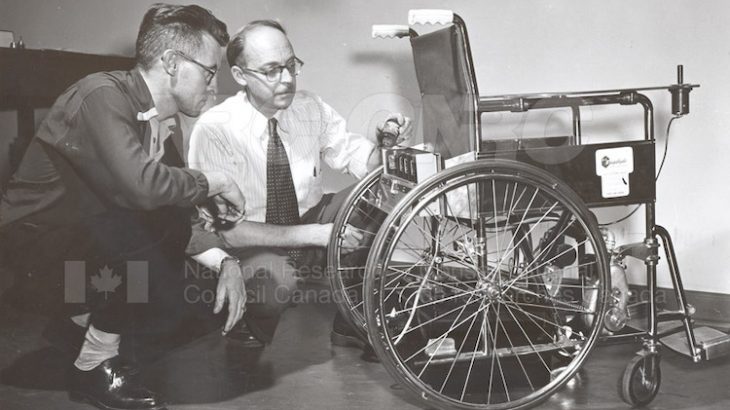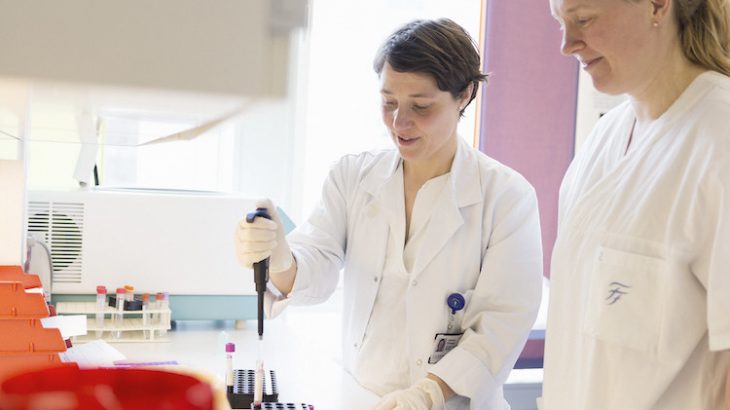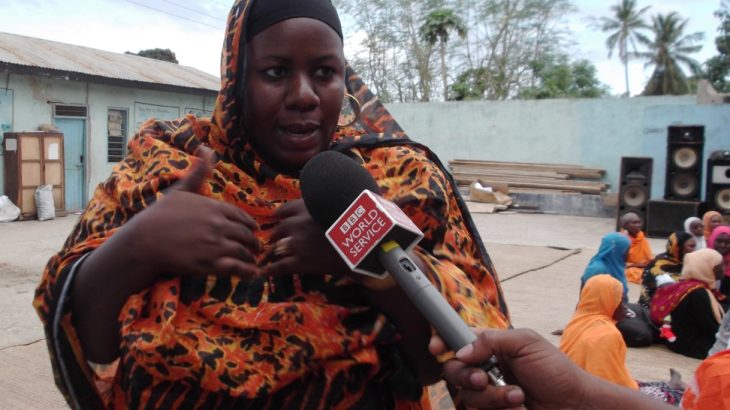
Sri Ray-Chauduri, Technology & Engineering editor Canadians have been front-and-centre in contributing to technological advances in accessibility for people with disabilities. In the 1950s, Canadian engineer George Klein invented the first electric wheelchairwhile working at the National Research Council. Since then, the digital revolution has not only changed the types of innovations needed to improve […]







